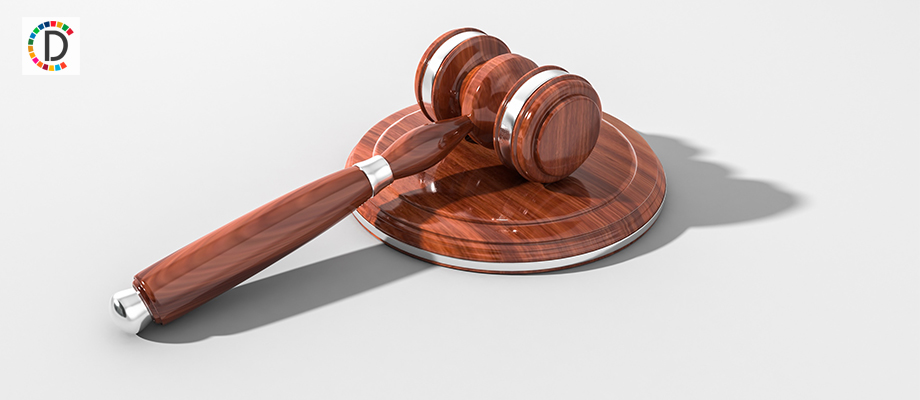Shockwaves in Seoul: South Korea's First Martial Law Since 1980
South Korean President Yoon Suk Yeol declared martial law, citing pro-North Korean forces as a threat to constitutional order. The decision triggered sharp reactions and economic impacts, while opposition leader Lee Jae-myung criticized the move. Yoon aimed to counteract parliamentary opposition, affecting government processes.

In a dramatic late-night address, South Korean President Yoon Suk Yeol announced the imposition of martial law, stirring memories of the nation's authoritarian past. While Yoon aims to eliminate pro-North Korean forces, many observers noted the absence of a direct threat from the North as justification for this sweeping measure.
The declaration has sent shockwaves through the nation, shaking its markets and drawing quick criticism from liberal groups. The opposition Democratic Party, which holds a parliamentary majority, has voiced strong dissent, highlighting concerns over potential economic fallout and the impact on democratic freedoms.
Adding to the tension, the military has announced restrictions on political and media activities, an unprecedented move since South Korea's transition to democracy in the 1980s. This controversial step underscores the escalating political crisis, one that places South Korea's democratic institutions under scrutiny both domestically and internationally.
(With inputs from agencies.)
ALSO READ
Hong Kong Court Jails Pro-Democracy Activist for a Decade
Landmark Verdict: Hong Kong's Pro-Democracy Activists in Historic Trial
Hong Kong's National Security Trial: Democracy Under Siege
Landmark Sentencing in Hong Kong: Pro-Democracy Activists Face Harsh Penalties
Hong Kong's Judiciary Under Fire as 45 Pro-Democracy Leaders Sentenced










